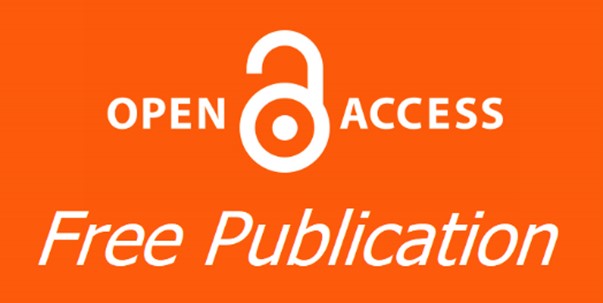Document Type
Original Study
Abstract
Purpose: This clinical study was designed to evaluate the antibacterial effect of Aloe Vera versus Diode laser in the management of deep carious lesions. Material and Methods: patients with deep occlusal caries in molars were enrolled in the study. Patients had a total of forty five permanent molars with deep occlusal carious lesions were used in this study. The teeth were randomly assigned after stepwise caries removal into three groups (n=15), according to the applied treatment agent (A): Group (A1): no treatment was applied (control), Group (A2): the teeth were treated with Aloe Vera, Group (A3): the teeth were treated with Diode laser. After cavity preparation and selective caries removal, carious dentin samples were collected for bacterial count then the treatment agents were applied. Glass ionomer was placed in the cavities till the second visit. The second visit of Stepwise caries removal was employed after three months. The samples were collected at baseline and after three months follow up. These samples were subjected to microbiological evaluation, for Streptococcus mutans counts on mitis salivarius (MS) agar. Results: The results showed that all groups showed a significant reduction in bacterial count when compared to baseline However, inter group comparison revealed that Aloe Vera and Diode laser groups showed a significantly greater reduction in Streptococcus mutans than the control group .Conclusion: both Aloe Vera and Diode laser are effective antimicrobial therapy tools in deep caries management. They demonstrated successful clinical outcome when used with stepwise caries removal.
Keywords
Aloe Vera, Diode Laser, Microbiological Assessment, Stepwise Caries removal.
How to Cite This Article
Tawfic, Hyam M; Niazy, Maha A.; and Elsharkawy, Doaa A. E
(2023)
"Evaluation of the Antibacterial Effect of Aloe Vera versus Diode Laser in Management of Deep Carious Lesions (In Vivo Study),"
Al-Azhar Journal of Dentistry: Vol. 10:
Iss.
3, Article 9.
DOI: https://doi.org/10.58675/2974-4164.1564
Subject Area
Restorative Dentistry Issue (Removable Prosthodontics, Fixed Prosthodontics, Endodontics, Dental Biomaterials, Operative Dentistry)








